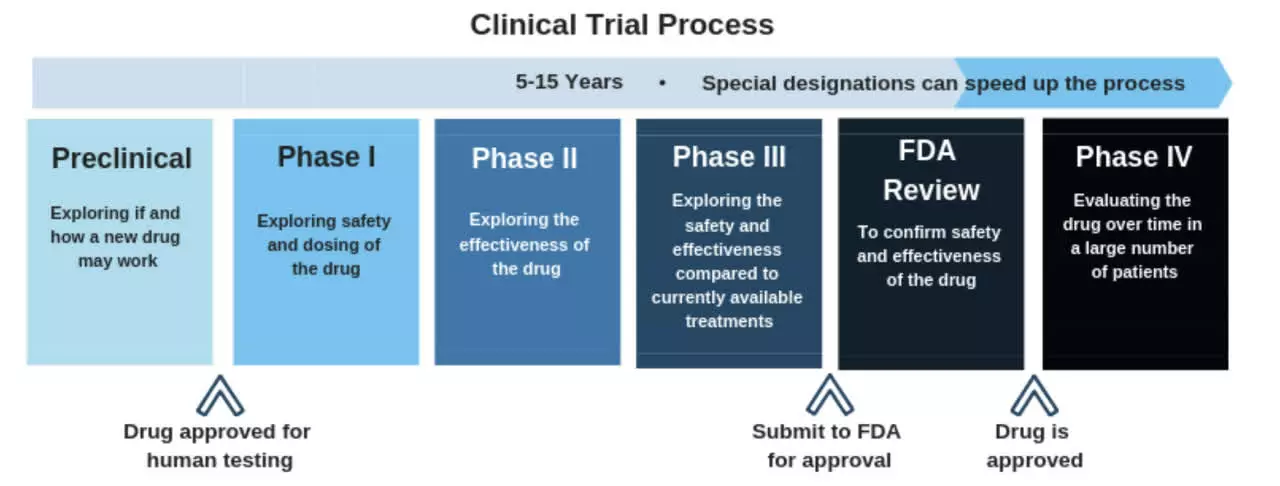Dyspepsia Treatment – Fast Relief You Can Try Today
If you’re fed up with that uncomfortable bloated feeling after meals, you’re not alone. Dyspepsia, or chronic indigestion, affects millions and can turn a simple lunch into a hassle. The good news? Most people find relief by tweaking everyday habits and using a few safe over‑the‑counter options.
Simple daily habits to calm your stomach
First off, look at what you eat. Heavy, fried foods and large portions are prime culprits. Try smaller meals spread throughout the day instead of three big ones. Adding a bit of ginger or peppermint tea after eating can settle the gut without any prescription.
Don’t forget about timing. Give yourself at least two to three hours between your last bite and bedtime; lying down too soon lets stomach acid creep up, causing that burning sensation. Also, stay upright after meals – a short walk helps digestion move along.
Alcohol and caffeine are easy triggers. Cutting back or swapping for water or herbal tea can make a noticeable difference in how often you feel bloated or gassy.
When to reach for medication
If lifestyle tweaks aren’t enough, a few over‑the‑counter medicines are worth trying. Antacids like calcium carbonate neutralize stomach acid quickly and are great for occasional flare‑ups. For more persistent symptoms, H2 blockers (such as famotidine) or proton‑pump inhibitors (like omeprazole) lower acid production and give longer relief.
Always read the label and follow dosing instructions. Most people see improvement within a week, but if you need to use them for more than two weeks, it’s wise to chat with a pharmacist or doctor.
Probiotic supplements can also support gut health by balancing good bacteria. Look for products that contain Lactobacillus or Bifidobacterium strains and take them daily with meals.
If you notice red‑flag symptoms—unintended weight loss, vomiting blood, or severe pain—you should see a healthcare provider right away. These signs can point to an ulcer or other serious condition that needs prescription treatment.
Bottom line: most dyspepsia cases improve with simple diet changes, timing tricks, and occasional OTC meds. Start by adjusting your meals, stay upright after eating, and give ginger tea a try. If symptoms linger, a short course of an H2 blocker or PPI can help, but keep an eye out for warning signs that need professional care.
Need more ideas? Browse our other articles on digestive health, like the guide to Zithromax for infection‑related stomach upset or tips on using supplements safely. You’ve got the tools—now give your gut the break it deserves.
The science behind acotiamide's effectiveness in treating dyspepsia
As a copywriter, I've researched the science behind acotiamide's effectiveness in treating dyspepsia. Acotiamide is a prokinetic drug that helps to improve gastric motility, making it easier for the stomach to empty its contents. The drug works by blocking the action of certain enzymes, which results in increased contractions of the stomach muscles, leading to faster digestion and relief from dyspepsia symptoms. Clinical trials have shown a significant improvement in patients with functional dyspepsia who were treated with acotiamide compared to a placebo. Overall, acotiamide offers a promising treatment option for those suffering from this common digestive disorder.






